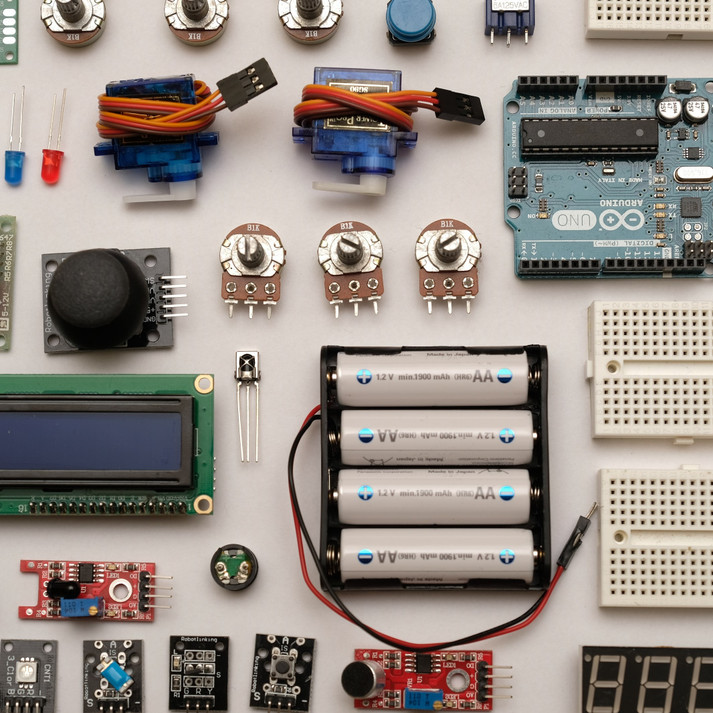In today's digitally driven world, electronics have become an indispensable part of our daily lives. From smartphones to smart appliances, from medical devices to automotive systems, electronics permeate nearly every aspect of modern existence. With such a reliance on electronic devices comes a critical need for quality control in the electronics industry.
Quality control is the process of ensuring that products meet specified standards and requirements, thereby guaranteeing their reliability, safety, and performance. In the electronics industry, where even minor defects can lead to catastrophic consequences, stringent quality control measures are vital.
Quality control is one part of a company’s quality assurance plan – click here to see our blog on quality assurance.
In this blog, we will explore why quality control is so crucial and what we can do to ensure we always create quality products.
So why is quality control so important?
To Reduce Manufacturing Defects
To successfully produce high-quality products, companies need to implement quality control processes right from the very start. If a defective or subpar component is shipped from the manufacturer and subsequently used in manufacturing, then the finished product is doomed from the start.
Compliance
with Standards
The electronics industry is subject to many international standards and regulations governing product quality, environmental sustainability, and worker safety. Quality control ensures that manufacturers remain compliant with these standards, avoiding potential legal ramifications and penalties.
Brand
reputation
In today's interconnected world, news of product defects or recalls spreads rapidly through social media and online forums. A single quality issue can tarnish a brand's reputation and destroy consumer trust. By prioritizing quality control, manufacturers can uphold their reputation for excellence, thereby enhancing brand value and competitiveness in the market.
Cost
Reduction
While implementing quality control measures incurs initial costs, the long-term benefits far outweigh the investment. By identifying and rectifying issues early in the production process, manufacturers can minimize scrap, rework, and warranty claims, leading to significant cost savings in the long run. Moreover, producing high-quality electronics reduces the likelihood of product returns and associated expenses.
Product
Reliability
Electronics are expected to function flawlessly under various conditions, ranging from extreme temperatures to high humidity. Quality control ensures that each component and device undergoes rigorous testing to identify potential weaknesses or defects. By catching issues early in the production process, manufacturers can prevent costly recalls and warranty claims, thereby safeguarding their reputation for reliability.
Innovation
and Continuous Improvement
Quality control is not just about catching defects; it's also about driving innovation and continuous improvement. By analysing data from quality control processes, manufacturers can identify areas for enhancement and refine their manufacturing processes over time. This continual approach promotes innovation and ensures that products remain at the forefront of technological advancement.
In conclusion, quality control is indispensable in the electronics industry, where precision, reliability, and safety are non-negotiable. By implementing robust quality control measures, manufacturers can uphold product standards, safeguard consumer safety, enhance brand reputation, and drive long-term success in an increasingly competitive market. In an industry where excellence is the norm, quality control is the cornerstone of success.
At Tencell, we guarantee to supply you with high-quality components. We only ever buy from trusted suppliers, and all the components that we source are completely traceable.
Please contact sales@tencell.com to discuss how we can supply you with high-quality components.
